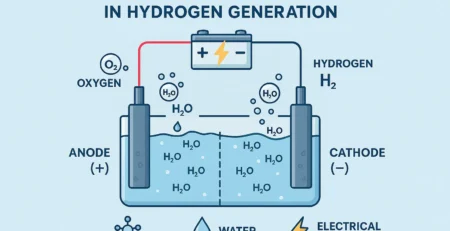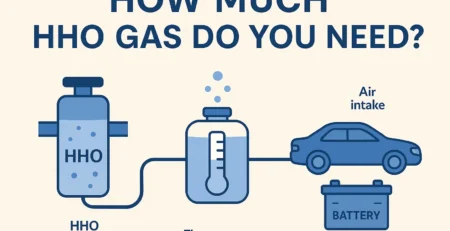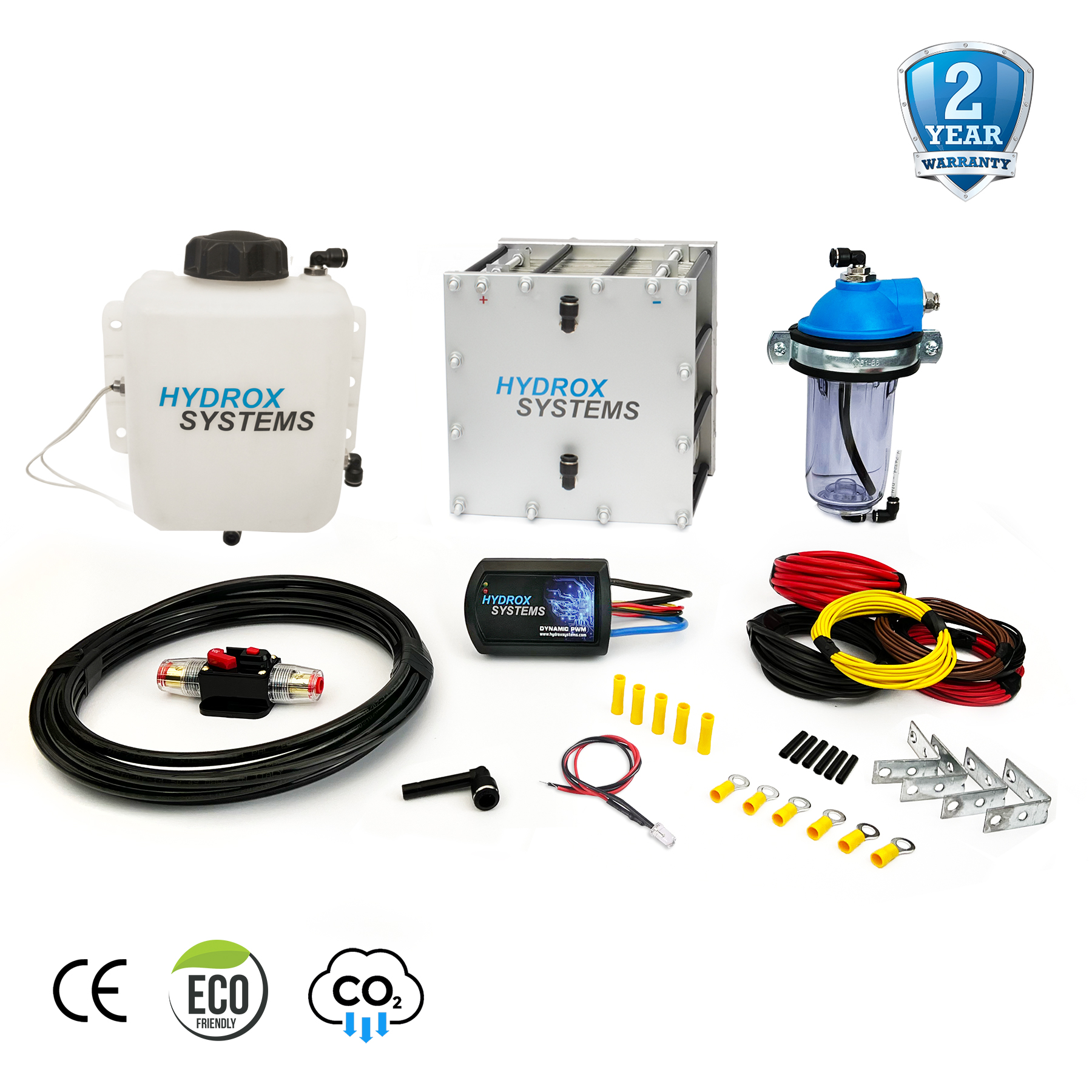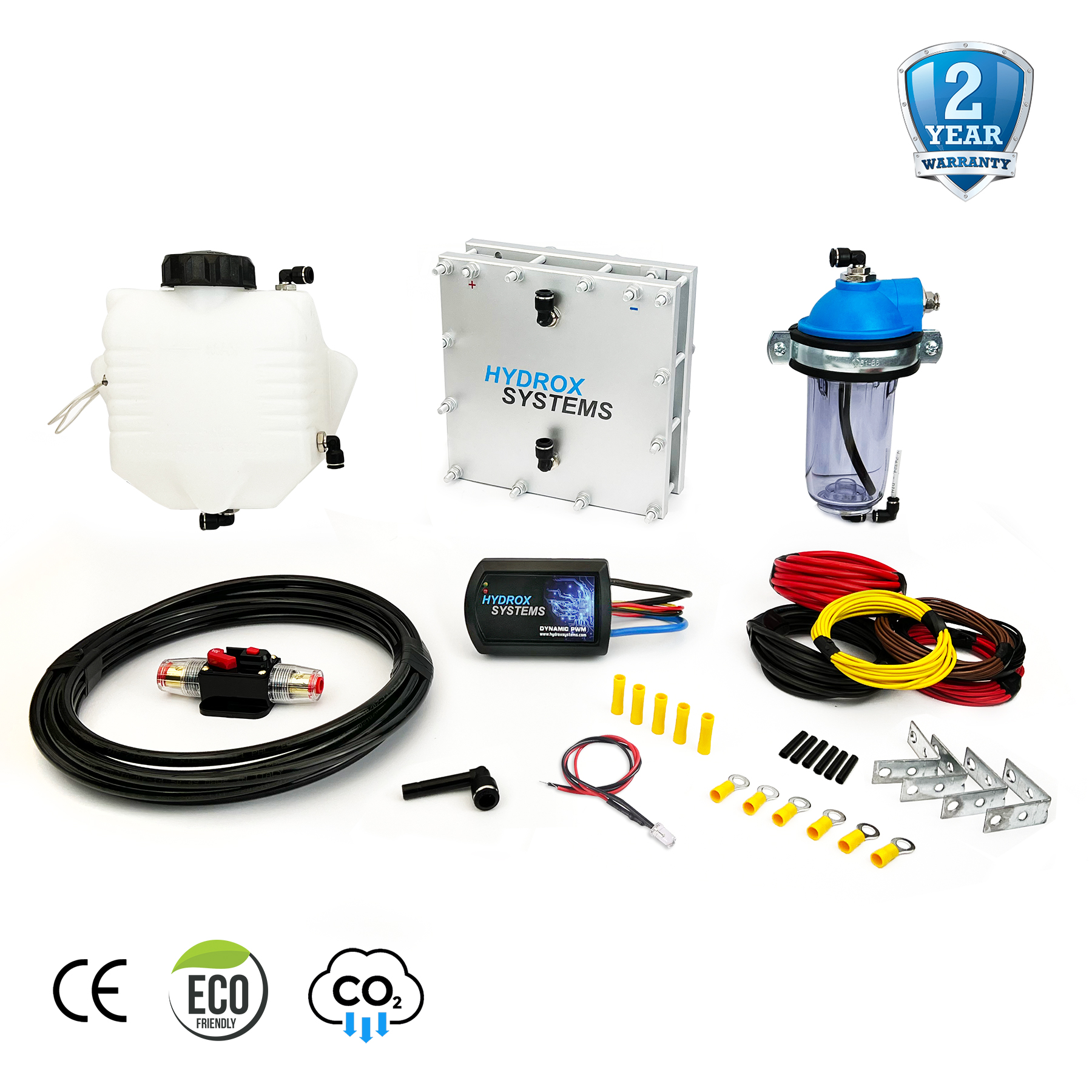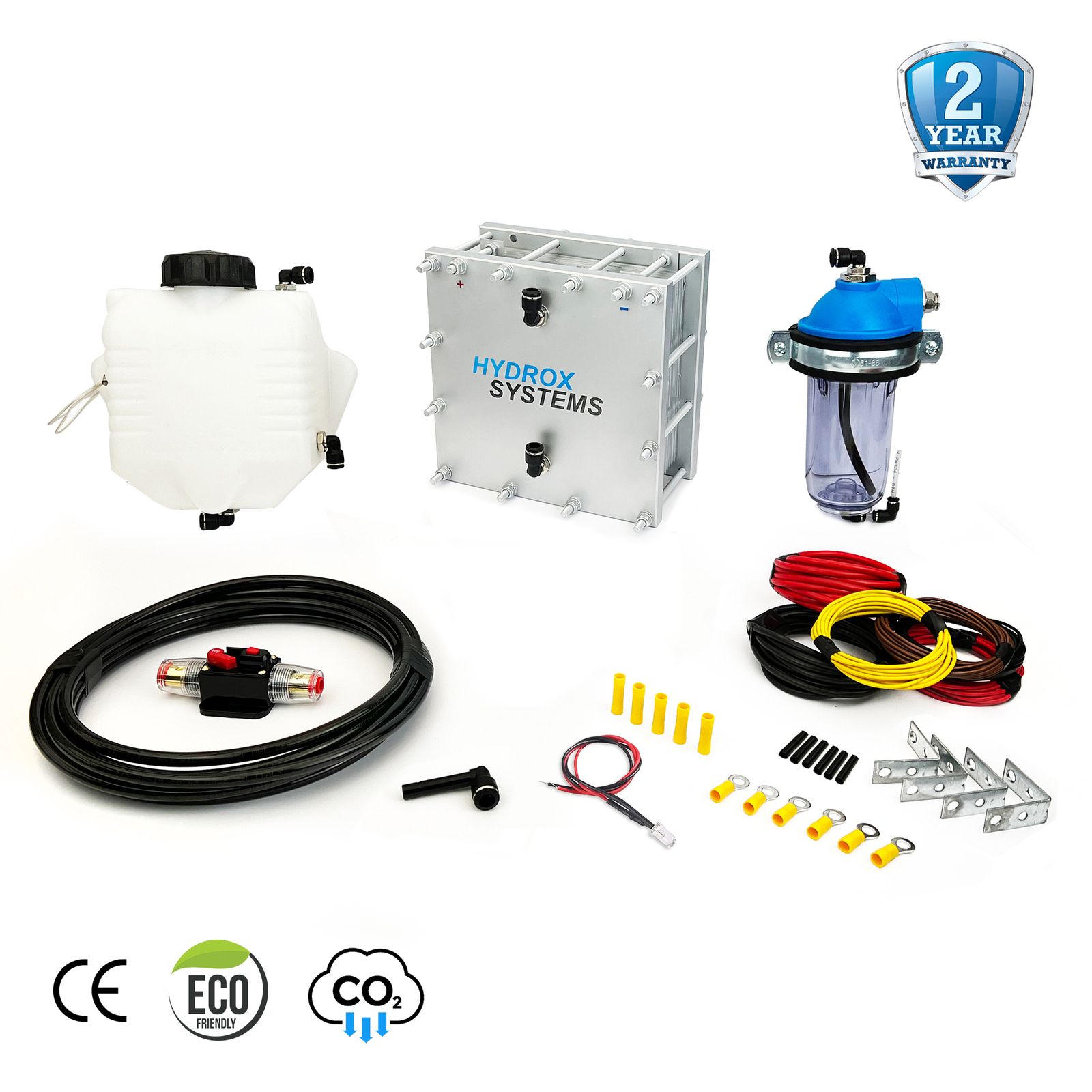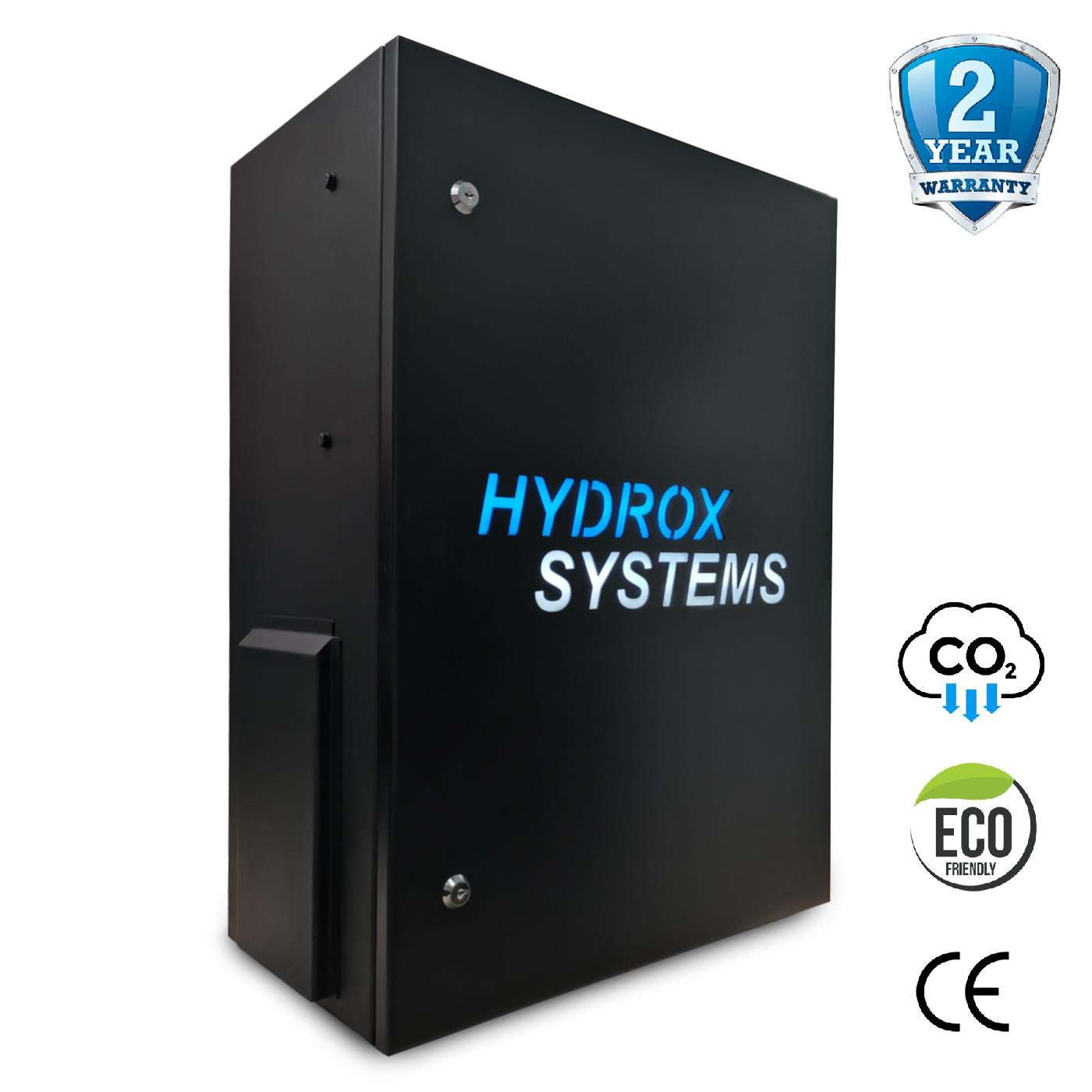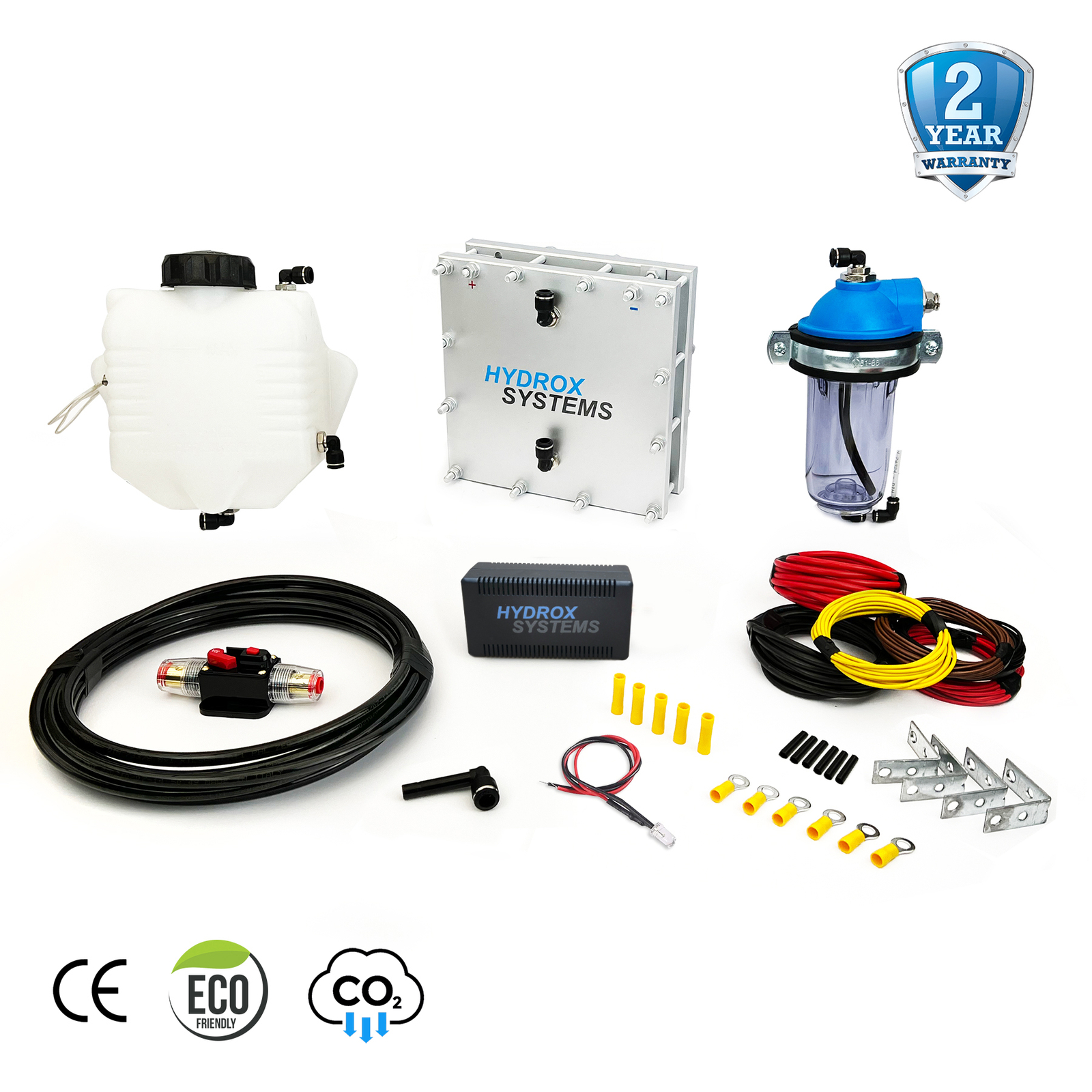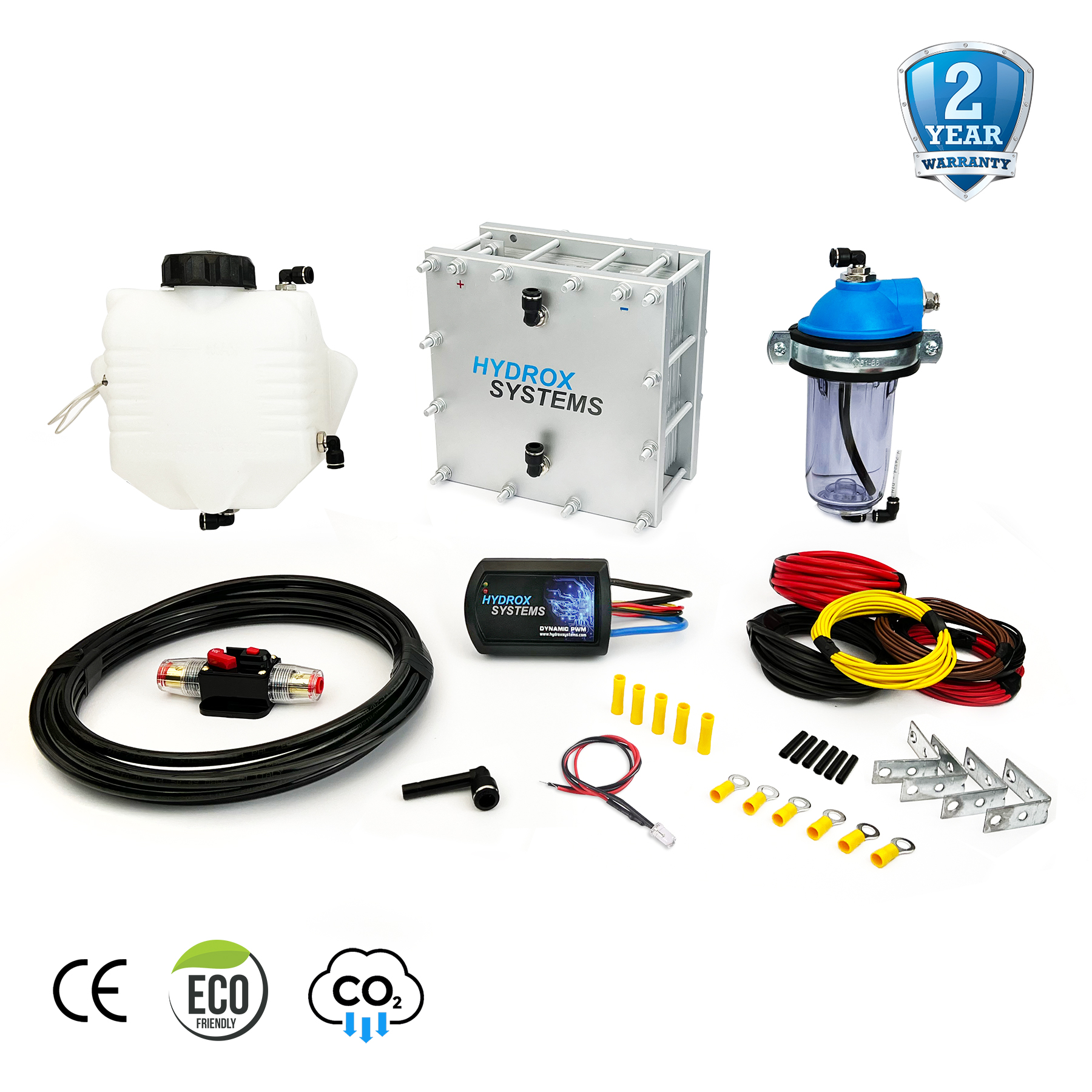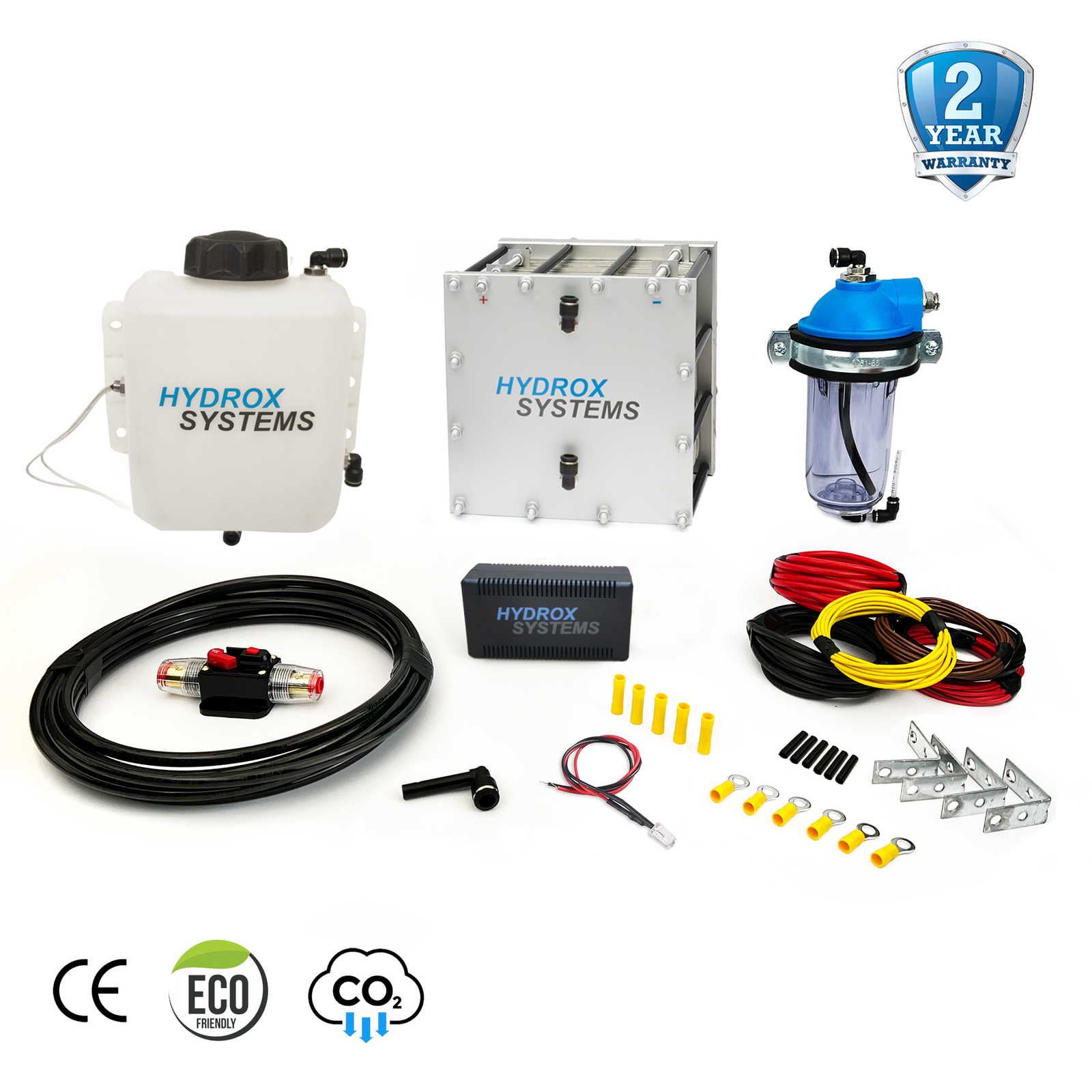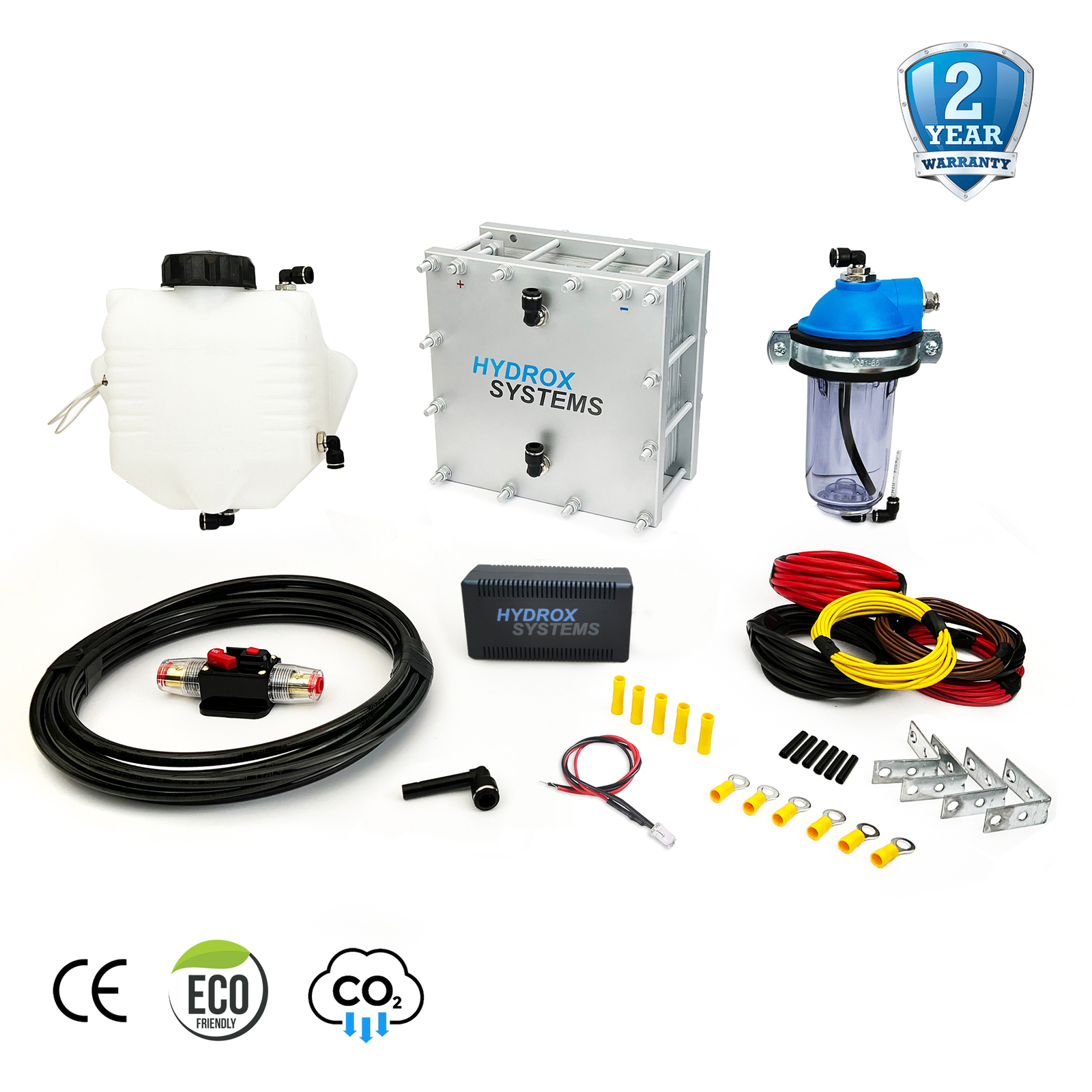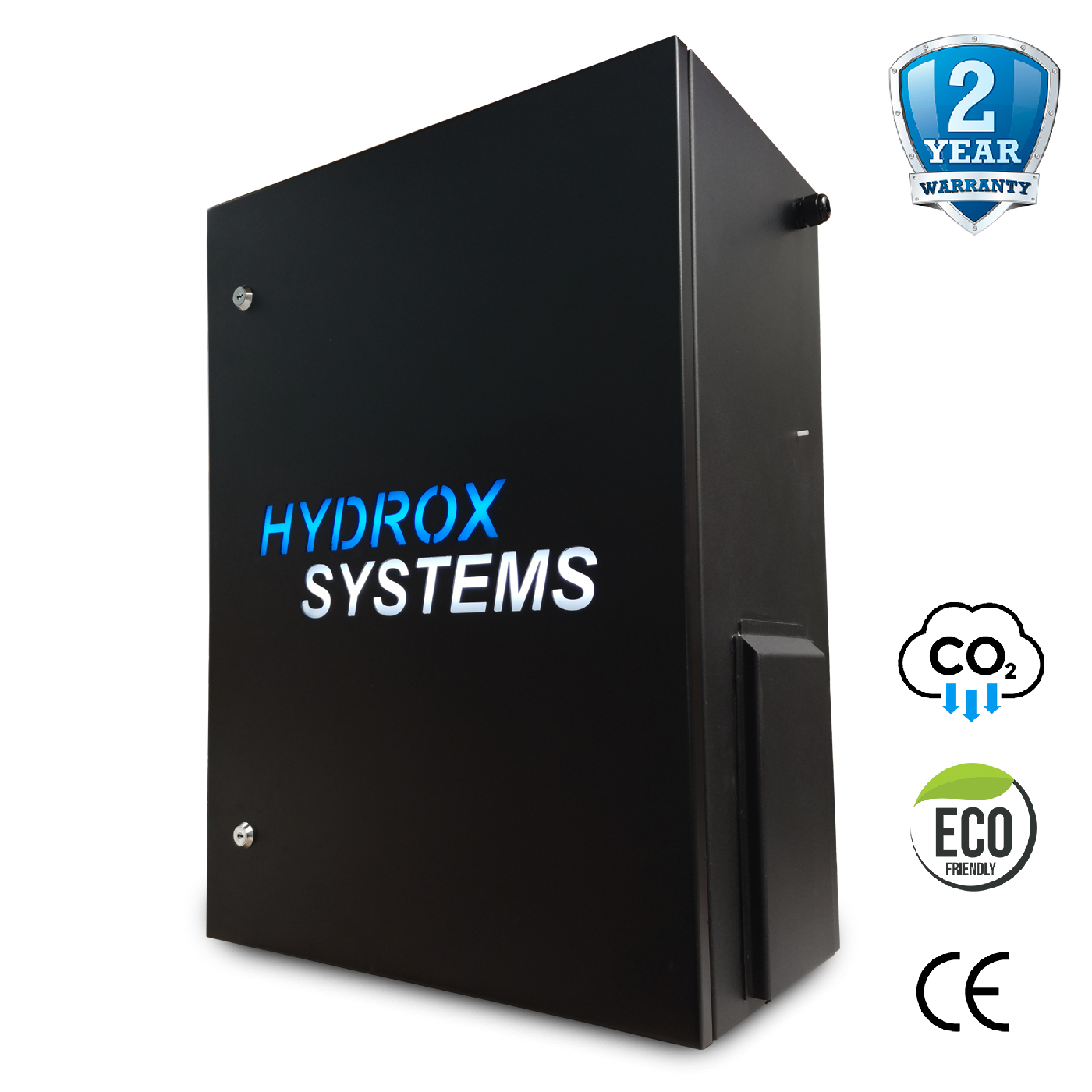Exploring Hydrogen: The Universe’s Simplest Element
Exploring Hydrogen: The Universe’s Simplest Element
Hydrogen is a key element in the universe, making up 75 percent of all matter. It started with the Big Bang, filling the universe with the simplest substance. Hydrogen powers our sun, showing its vast energy potential.
Looking to the future, hydrogen is leading the way in clean energy. It’s a fuel, a power source, and a technology that’s changing the game. As we move towards a sustainable world, hydrogen is at the forefront.
Hydrogen comes in different forms on Earth, with Protium being the most common. Deuterium and Tritium also play essential roles, from being found naturally to being used in fusion reactors. Hydrogen is not just for science; it powers rockets and can make our cars run without pollution.
Hydrogen is also key in making renewable energy, like green hydrogen. It’s used in many industries, from oil to food. The US is a leader in hydrogen fuel cells, and California is leading in hydrogen car stations.
Hydrogen can combine with other elements, like oxygen, to make water a powerful fuel. We must use this energy to make our future cleaner and reduce carbon emissions. This is our chance to protect the planet for future generations.
FAQ
What is hydrogen, and why is it important?
Hydrogen is the lightest and most abundant element in the universe. It’s key because it can be a clean energy source. Hydrogen fuel can power vehicles and generate electricity, leaving only water vapor behind.
How is hydrogen used for energy?
Hydrogen energy is made by turning hydrogen fuel into electricity in fuel cells. This electricity can run electric motors in cars, light homes, and help the power grid.
What are the benefits of using hydrogen as a fuel?
Hydrogen is very efficient and reduces greenhouse gas emissions. It can be made from many sources, like natural gas and solar power, making it a big part of a clean energy system.
How is hydrogen produced?
Hydrogen can be made in several ways, such as steam methane reforming or electrolysis. There’s also a focus on renewable hydrogen, made with solar or wind power.
What is green hydrogen, and what makes it ‘green’?
Green hydrogen is made by splitting water into hydrogen and oxygen using renewable energy. This method doesn’t produce CO2, making it suitable for the environment.
Can hydrogen technology contribute to reducing climate change?
Yes, hydrogen technology can help a lot with climate change. When made from renewable energy, hydrogen is a clean alternative to fossil fuels. It lowers carbon emissions in transportation, industry, and power generation.
What are hydrogen vehicles, and how do they work?
Hydrogen vehicles, or fuel cell vehicles, run on hydrogen. They don’t have tailpipe emissions, only releasing water vapor and warm air.
Is hydrogen power safe to use?
Hydrogen power is safe if safety steps are followed. It’s non-toxic and spreads quickly in the air. New hydrogen tech has made producing, storing, transporting, and using hydrogen safer.
How does hydrogen compare to other renewable energy sources?
Hydrogen works well with solar and wind because it’s easy to store and use. It can be kept for a long time and sent where it’s needed. This is great when solar and wind aren’t available.
What are the challenges facing hydrogen production?
Hydrogen production faces challenges like cost, energy use, and scaling up. Most hydrogen is made from fossil fuels, and switching to cleaner methods requires significant investment in tech and infrastructure.
Are there any ongoing developments in hydrogen technology?
Yes, hydrogen tech is getting better. New ways exist to make hydrogen, better fuel cells, and more hydrogen stations. These changes help make hydrogen a reliable energy source.
Subscribe our Newsletter





